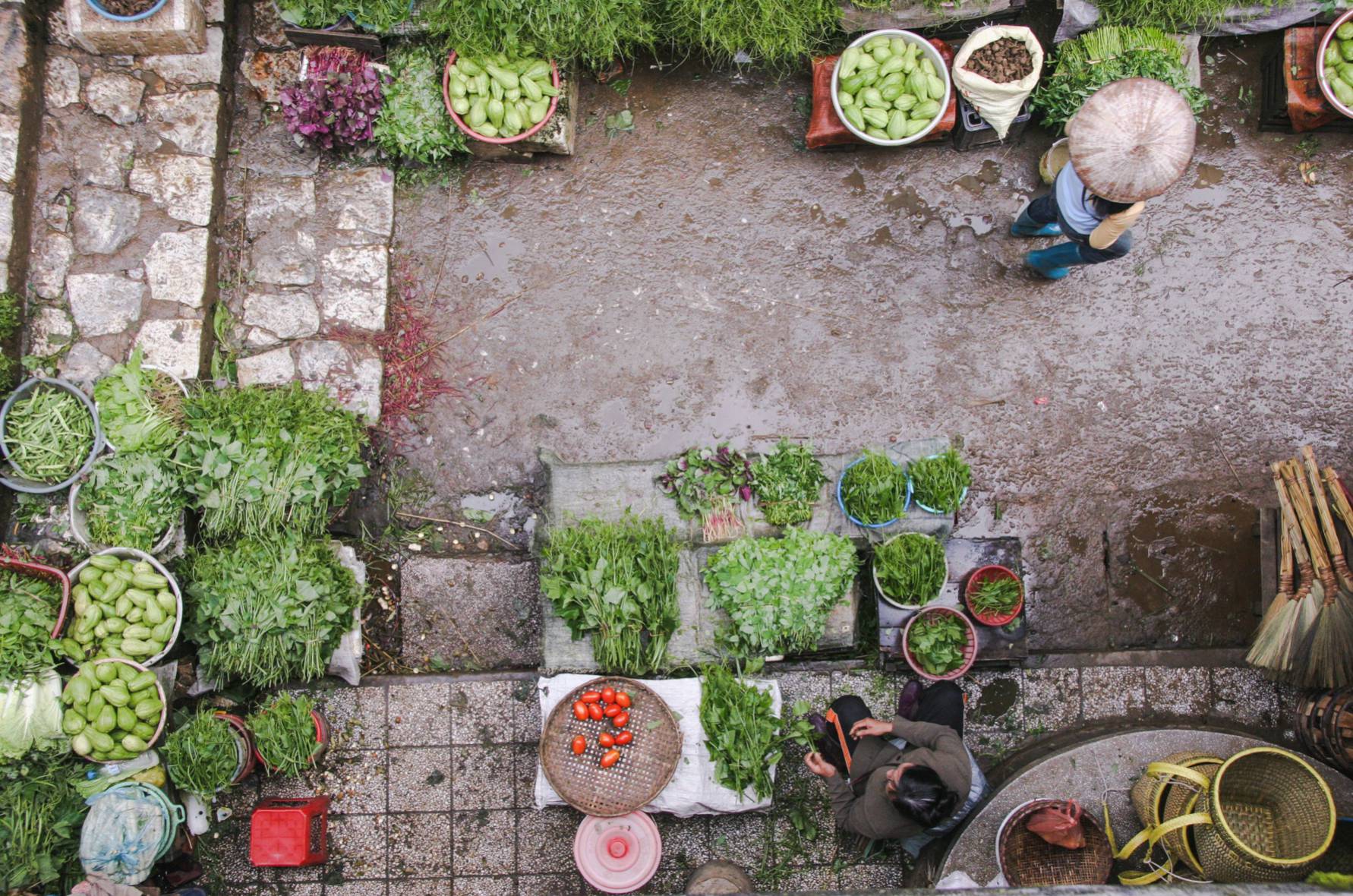
Hanoi, Vietnam, 23 April 2019 – Cooperation efforts on sustainable consumption and production (SCP) between Vietnam and the European Union (EU) were the focus of a Consultation Workshop on National Action Plan on SCP, 2020-2030, co-organized by the Ministry of Industry and Trade (MOIT) and the SWITCH-Asia SCP Facility. Considering relevant policies on SCP enacted under the leadership of the Prime Minister, this multi-stakeholder consultation created an opportunity to review progress so far and identify ways for speeding up and scaling up effective delivery of SCP over next decade. The multiple stakeholders included representatives from various Government Institutions and the EU Delegation to Vietnam, private sector leaders and experts from academia, civil society and International Organizations.
The Vice Minister of the Ministry of Industry and Trade, H.E Mr. Hoang Quoc Vuong, highlighted how Vietnam development strategy has evolved and explained why SCP is a critical component, “Vietnam has a long tradition in promoting cleaner production, however the intensive economic growth of the country has created new challenges that require greening the supply chain and providing green products to the consumers in order to further promote smart consumption to mitigate the negative impacts on increased resource use and waste generation. We expect that the Action Plan 2020-2030 for sustainable consumption and production will provide, with the support of the EU's SWITCH-Asia Programme, the needed knowledge, enabling capacity, resources and infrastructure to further expand cleaner production and scale up smart and sustainable consumption”.
The EU Ambassador to Vietnam, Ambassador Mr. Bruno Angelet noted the outstanding growth, rapidly declining poverty and improving living standards enjoyed by Vietnam and many other Asian countries. This has however resulted in “substantial natural resources degradation, environmental pollution and fast growing energy consumption in Vietnam, which require a radical "switch" in the economic development model to ensure a transition from unsustainable to more sustainable pathways of development”, adding that “the European Union has been leading the support to Asia in promoting such radical change in line with its own policies and practices within the EU. Our key support mechanism is the EU's SWITCH-Asia Programme, launched in 2007, driving change in production, with focus on SMEs, as well as consumption through education and awareness, with necessary support tools.”
Representatives of the EU-funded SWITCH-Asia SCP Facility offered preliminary findings of their national assessment to strengthen and enable relevant policy actions. Participants discussed how Vietnam can move towards cleaner, resource efficient production systems driven by micro, small and medium enterprises (MSMEs), as well as more responsible consumption patterns with needed support tools such as green procurement, eco-labelling and financial mechanisms, while promoting resource efficiency and integrated waste management. Strengthening education and communication are essential while providing adequate support to enable the capacity of Local Authorities and MSMEs through eco-innovation that will eventually lead to an improved management of resources through which a step toward green growth and climate mitigation can be achieved.
Vietnam has evolved from a poor to middle-income economy in about one generation. These remarkable achievements, according to Team Leader Arab Hoballah, “have raised various challenges with regards to resource use and waste generation, putting at risk this successful model. However, with political commitment at highest level, Vietnam has laid solid ground for SCP, adequate understanding and increased awareness, that can be easily scaled up thanks the digital connection to almost all Vietnamese people. Through pro-active eco-innovation in support to green the supply chain with SMEs as well as targeted consumers campaigns, Vietnam can unlock the various opportunities to keep the economic system growing with reduced impacts on the use of resource and the environment”.
The open and interactive discussions were structured around better prioritizing the needs for SCP actions, short as well as long term, as well as the need for an effective coordination and implementation mechanism for the 2020-2030 SCP Action Plan.
The dialogue will continue through a series of action-oriented events that will take place over the next three years. Throughout this process, the EU SWITCH-Asia SCP Facility will continue working closely with the Ministry of Industry and Trade and other concerned Ministries and Stakeholders, to provide demand-driven action-oriented policy support to Vietnam while scaling up best practices and synergizing with other relevant international partners.
For further information about SWITCH-Asia SCP Facility and Cleaner Production and SCP in Vietnam, please visit www.switch-asia.eu and www.scp.vn



